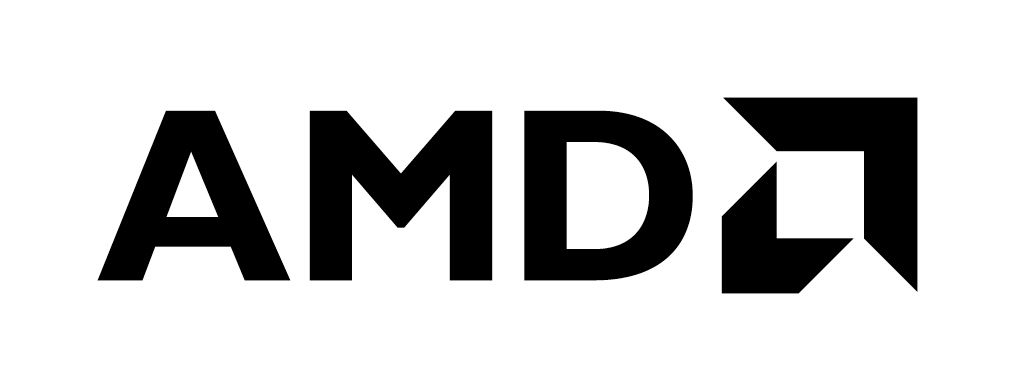Welcome to the Young Architect Workshop!
A Workshop for Early-stage Graduate Students in Computer Architecture
The Young Architect Workshop (YArch, pronounced “why arch”) is a workshop for junior graduate students and research-active undergraduate students studying computer architecture and related fields. This year's YArch is organized in conjunction with the 29th ACM International Conference on Architectural Support for Programming Languages and Operating Systems (ASPLOS 2024).
The central theme of the YArch workshop is to serve as a welcoming venue for early-stage graduate students (or undergrads interested in research) to present their ongoing work and receive feedback from experts within the community. In addition, this workshop aims to help students in building connections both with their peers and established architects in the community. To this end, YArch will include:
- Route to Top-tier: Each submitted work will receive two or more expert reviews. The aim of these reviews will be to give early guidance on important boxes to check for the submitted work to be a future successful top tier conference paper.
- Meet an Architect: As part of the workshop, attendees will be paired with experts in their chosen research area to get feedback on their ongoing work and future research directions.
- Becoming an Architect: The workshop will include keynote talks from academic and industry leaders specifically geared towards early stage graduate students.
- Ask an Architect: The workshop will include a panel of established architects in industry and academia from whom students can seek career advice.
IMPORTANT DATES
| Paper registration deadline: | January 12th, 2024 |
| Paper submission deadline: | January 19th, 2024 |
| Notification of acceptance: | March 15th, 2024 |
| Workshop date (with ASPLOS): | April 28th, 2024 (Sunday) |
CONTACT
Email: youngarchitectw@gmail.com
ORGANIZERS
Caroline Trippel, Stanford
Martin Maas, Google
Dimitrios Skarlatos, CMU
Preliminary Program
| 8:45-9:00am | Welcome |
| 9:00-10:00am | Keynote 1: My authentic take on "Things I wish I knew" Speaker: Samira Khan (University of Virginia and Google) |
| 10:00-10:30am | Coffee Break |
| 10:30-12:00pm | Panel Discussion: Demystifying Grad School Dean Tullsen (UCSD), Tim Sherwood (UCSB), Hadi Esmaeilzadeh (UCSD), Yufei Ding (UCSD), Mangpo Phothilimthana (Google), Neil Zhao (UIUC), Olivia Hsu(Stanford). |
| 12:00-01:30pm | Lunch + Round-table Mentoring |
| 1:30-2:30pm | Keynote 2: Approximating Computer Architecture Speaker: Adrian Sampson (Cornell) |
| 2:30-3:00pm | Lightning Talks |
| 3:00-3:30pm | Coffee Break |
| 3:30-5:00pm | Poster Session |
| 5:00pm | Closing Remarks |
Keynote 1: My authentic take on "Things I wish I knew"
Speaker: Samira Khan (University of Virginia and Google)
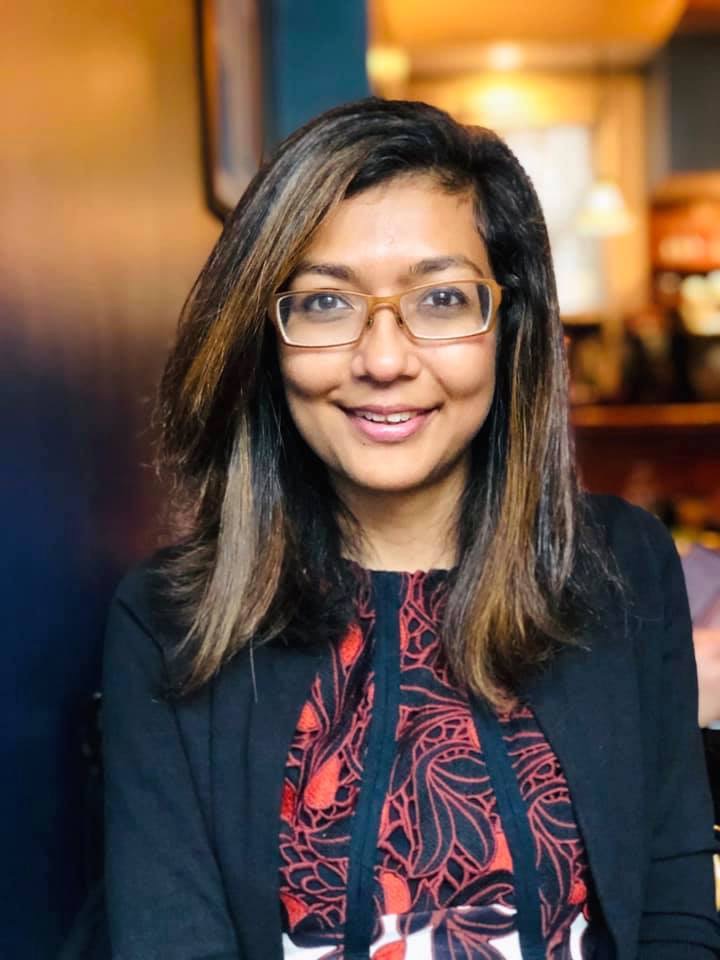
Bio: Samira Khan is an associate professor at University of Virginia. Her research group at
UVa
takes
pride in building open-sourced hardware prototypes, tools, and artifacts for the community.
Currently,
she
is on leave at SystemsResearch@Google and building planet-scale ML systems by co-designing hardware
and
software.
Khan hosted the podcast "Happy Hour with Architects" during the pandemic and enabled discussion
and
debate around future research directions in systems and architecture. She maintains an active
Twitter
presence and loves to engage in discussions with the community.
Keynote 2: Approximating Computer Architecture
Speaker: Adrian Sampson (Cornell)
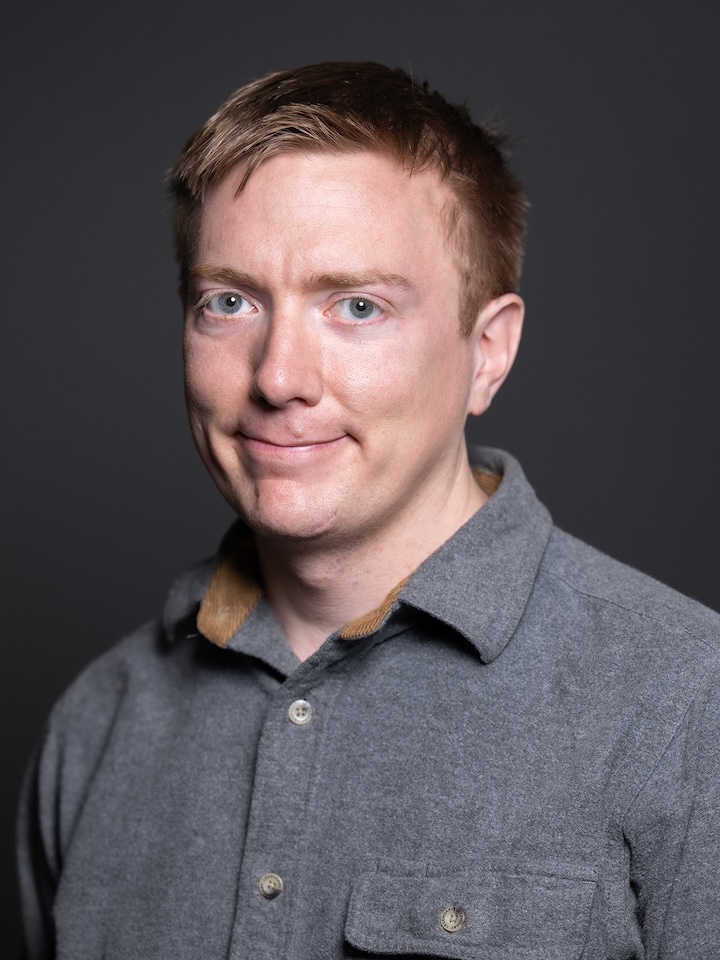
Bio: Adrian Sampson is an associate professor in the computer science department at Cornell. He works on programming languages, computer architecture, and the abstractions that separate them. He is especially excited about languages and compilers that make it easy for anyone to construct and exploit specialized hardware accelerators. In a different era, he worked on approximate computing, the idea that we should design computers that compute worse answers.
Panel Discussion: Demystifying Grad School
Panelist: Dean Tullsen (University of California San Diego)

Bio: Dean Tullsen is a professor in the computer science and engineering department at University of California, San Diego. He received his PhD from the University of Washington in 1996, where he introduced simultaneous multithreading (hyper-threading). He has continued to work in the area of computer architecture, where with various co-authors he has introduced many new ideas to the research community. Recently, he has focused more on the intersection of microarchitecture and security. He is a Fellow of the ACM and the IEEE. He has thrice won the Influential ISCA Paper Award. He is a former chair of the IEEE Technical Committee on Computer Architecture.
Panelist: Tim Sherwood (University of California Santa Barbara)

Bio: Tim Sherwood (he/him) is a Professor of Computer Science and Interim Dean of the College of Creative Studies at UC Santa Barbara. In addition to being a professor at UCSB for multiple decades, he has worked at small startups and large companies and is generally interested in computer architecture, system modeling, new technologies, and hardware security.
Panelist: Hadi Esmaeilzadeh(University of California San Diego)
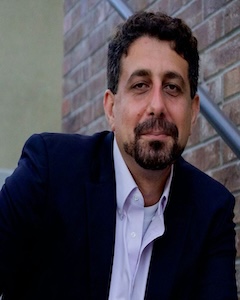
Bio: Dr. Esmaeilzadeh is awarded early tenure at UC San Diego, where he is the inaugural holder of Halicioglu Chair in Computer Architecture with the rank of full professor in Computer Science and Engineering. Before UC San Diego, he was an assistant professor in the School of Computer Science at Georgia Tech. There, he was the inaugural holder of the Allchin Family Early Career Professorship. Dr. Esmaeilzadeh obtained his Ph.D. in Computer Science and Engineering from the University of Washington in 2013. His Ph.D. work received the 2013 William Chan Memorial Best Dissertation Award. He is the founding director of the Alternative Computing Technologies (ACT) Lab, where his team is developing new technologies and cross-stack solutions to enable responsible immersive intelligence. His research has been recognized by several best paper awards and honorable mentions. Hadi’s work on dark silicon has also been profiled in The New York Times.
Panelist: Yufei Ding (University of California San Diego)
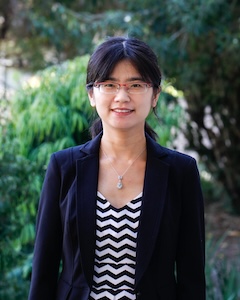
Bio: Yufei Ding joined the Computer Science & Engineering Department at UCSD in 2023 as an Associate Professor. Before that, Yufei is an Associate Professor at the Department of Computer Science of UCSB. She received her Ph.D. in Computer Science from North Carolina State University, and B.S. in Physics from the University of Science and Technology of China. Her research interests lie in the broad fields of domain-specific language design, architecture and compiler optimization, and hardware acceleration. Her current research focuses on building high-performance, energy-efficient, and high-fidelity programming frameworks for emerging technologies such as quantum computing, machine learning, and deep learning. She is a recipient of the NSF CAREER Award (2020), the IEEE Computer Society TCHPC Early Career Researchers Award for Excellence in High-Performance Computing (2019), NCSU Computer Science Outstanding Dissertation Award (2018), NCSU Computer Science Outstanding Research Award (2016), and Distinguished Paper Award at OOPLSA (2020). Yufei Ding is the founder of PICASSO Lab. Previously, she also co-directs the SEAL lab with Dr. Yuan Xie at UCSB.
Panelist: Mangpo Phothilimthana (Google)
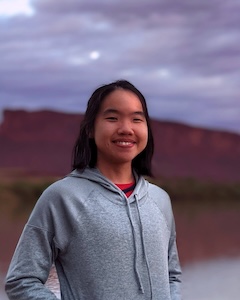
Bio: Phitchaya Mangpo Phothilimthana is a Staff research scientist at Google DeepMind (previously Google Brain), where she leads Machine Learning for Machine Learning Compilers effort. Her research interests include compilers, machine learning for systems, program synthesis, and sustainable computing. Mangpo received an undergraduate degree in Computer Science from MIT and PhD from UC Berkeley. Mangpo was a recipient of Microsoft Research PhD Fellowship and Qualcomm Innovation Fellowship.
Panelist: Neil Zhao (University of Illinois at Urbana-Champaign)

Bio: Zirui Neil Zhao is a PhD candidate in Computer Science at the University of Illinois Urbana-Champaign (UIUC), advised by Prof. Josep Torrellas. His research is primarily focused on computer architecture, system security, and cloud computing, with a special interest in understanding and mitigating side-channel threats in modern computer systems like clouds. His work has been published in top-tier conferences in the fields of computer architecture and security. He received the W. J. Poppelbaum Memorial Award for creativity in computer architecture design from the CS department of UIUC in 2023. For more information about his work and achievements, please visit https://neilzhao.me.
Moderator and Panelist: Olivia Hsu (Stanford)
 Bio: Olivia is a 5th year computer science PhD student at Stanford University advised by
Professor Kunle Olukotun and Professor Fredrik Kjolstad. She currently works on mapping sparse
applications to domain-specific architectures, reconfigurable dataflow hardware, and CPUs through
compilation. Her research interests broadly include computer architecture, computer and programming
systems, compilers, programming models and languages, and digital circuits/VLSI. Her webpage is
found at
https://cs.stanford.edu/~owhsu.
Bio: Olivia is a 5th year computer science PhD student at Stanford University advised by
Professor Kunle Olukotun and Professor Fredrik Kjolstad. She currently works on mapping sparse
applications to domain-specific architectures, reconfigurable dataflow hardware, and CPUs through
compilation. Her research interests broadly include computer architecture, computer and programming
systems, compilers, programming models and languages, and digital circuits/VLSI. Her webpage is
found at
https://cs.stanford.edu/~owhsu.
Accepted Papers:
-
Dynamic Memory for Distributed Architectures
Gina Sohn (Stanford University), Genghan Zhang (Stanford University), Suguna Velury (Stanford University), Nathan Zhang (Stanford University), Kunle Olukotun (Stanford University) -
xBrain: Brain-Like Computing for Explainable Brain-Computer Interfaces
Queenly Xie (University of Central Florida), Prabhu Vellaisamy (Carnegie Mellon University), Di Wu (University of Central Florida) -
Microarchitectural Checkpointing of Branch Predictor State for Function-as-a-Service
Computing
Parker Murray (University of California Santa Barbara), Brian Li (University of California Santa Barbara), Jonathan Balkind (University of California Santa Barbara) -
Designing Efficient Hardware Systems for Image and Video Generation Workloads
Alicia Golden (Harvard University), Gu-Yeon Wei (Harvard University), David Brooks (Harvard University), Carole-Jean Wu (Meta Platforms, Inc.) -
Toxicity versus Carbon Footprint of Computer Systems
Pranjali Jain (University of California Santa Barbara), Jonathan Balkind (University of California Santa Barbara), Timothy Sherwood (University of California Santa Barbara) -
Memory System for Garbage Collection
Sudhanshu Agarwal (University of Illinois Urbana-Champaign), Saugata Ghose (University of Illinois Urbana-Champaign) -
Towards LLM-assisted Hardware Verification
Daniel Mendoza (Stanford University), Chris Hahn (X, the moonshot factory), Caroline Trippel (Stanford University) -
Streaming Tensor Programs: A Programming Abstraction for Streaming Dataflow Accelerators
Gina Sohn (Stanford) University, Chris Gyurgyik (Stanford University), Genghan Zhang (Stanford University), Suguna Velury (Stanford University), Paul Mure (Massachusetts Institute of Technology), Nathan Zhang (Stanford University), Kunle Olukotun (Stanford University) -
Zoomie: A Software-like Debugging Tool for FPGAs
Tianrui Wei (University of California Berkeley), Kevin Laeufer (University of California Berkeley), Katie Lim (University of Washington), Jerry Zhao (University of California Berkeley), Koushik Sen (University of California Berkeley), Jonathan Balkind (University of California Santa Barbara), Krste Asanovic (University of California Berkeley) -
The Approximation of Density Matrices
Zirui Li (Rutgers University), Yipeng Huang (Rutgers University) -
Non-Newtonian Accelerators: Low-Compromise Design for Fault Tolerant Accelerators
Guy Wilks (University of California Santa Barbara), Brian Li (University of California Santa Barbara), Jonathan Balkind (University of California Santa Barbara) -
Quantifying Software Leakage via Transmitters with Leakage Functions
Samantha Archer (Stanford University), Mohammad Rahmani Fadiheh (Stanford University), Caroline Trippel (Stanford University) -
OasisRPC: Hiding the Overheads of RPCs in Microservice Environments
Nevena Stojkovic (Massachusetts Institute of Technology), Jovan Stojkovic (University of Illinois at Urbana-Champaign) -
Dynamic Cloud Resource Management for Variational Quantum Algorithms
Yuewen Hou (University of Michigan), Gokul Subramanian Ravi (University of Michigan) -
A Qudit Stabilizer Circuit Simulator
Adeeb Kabir (Rutgers University), Anika Kumar (Rutgers University), Steven Nguyen (Rutgers University), Yipeng Huang (Rutgers University) -
EcoScale: Giving Old Servers New Life at Hyperscale
Jaylen Wang (Carnegie Mellon University), Melissa Pan (Carnegie Mellon University), Udit Gupta (Cornell University), Akshitha Sriraman (Carnegie Mellon University) -
Demographic Bias in Data Center Scheduling Systems
Sara Mahdizadeh Shahri (Carnegie Mellon University), Sahana Rangarajan (Carnegie Mellon University / Google), Akshitha Sriraman (Carnegie Mellon University) -
Bisect-able, Mutable, and Pervasive NIC Scheduling
Colin Drewes (Stanford University), John Ousterhout (Stanford University), Keith Winstein (Stanford University), Caroline Trippel (Stanford University) -
Closing the Gap: Improving the Accuracy of gem5's GPU Models
Vishnu Ramadas (University of Wisconsin-Madison), Daniel Kouchekinia (University of Wisconsin-Madison), Matthew D. Sinclair (University of Wisconsin-Madison)
SUBMIT
Eligibility
Applicants must be either (a) research-active undergraduate students aiming for graduate school, or (b) graduate students (Masters and/or PhD) in computer architecture and related fields who have completed less than 3 years of graduate school at the time of the workshop. A note from the student’s research advisor attesting this is required as part of the submission.
Eligible students are invited to submit their early stage or on-going work to this workshop. Submitted work should not have been presented as part of a prior ACM/IEEE conference.
Note: This workshop is not a venue for publication and there will be no formal proceedings.
Topics of Interest
The workshop invites papers from all areas of computer architecture, broadly defined. Topics of interest include, but not limited to:
- Datacenter systems
- Hardware acceleration
- Memory hierarchy
- Virtualization
- Security
- Microarchitecture
- GPUs
- Parallel architectures
- Emerging technologies
Submission Guidelines
The goal of this workshop is to help students think about a problem/idea in an holistic manner and communicate your ideas to the wider community, so that we can provide some valuable early-stage feedback. To this end, we encourage you to cover the following aspects in your submission:
- Scope of problem/idea: Provide clear context for and scope of the problem(s) or idea(s) you intend to work on. This will likely form the basis of the introduction/background sections of your future work(s).
- Solution: Provide an overview of the design and implementation aspects of your solution(s) to the problem(s) described above. Given this is on-going work, focus more on providing breadth than depth. For example, beside describing the design of your idea, enlist the various system aspects which your proposed solutions will affect (e.g. does your proposed solution affect coherence protocols?) and that if you plan to discuss these effects in your future submission(s).
- Evaluation methodology: Discuss the evaluation methodology you plan to adopt to test the efficacy of your ideas. For example, the workloads that you plan to use, the tools you’ll employ (e.g., architectural simulator, real world experiments, FPGA prototypes), etc.
- Related work: This can be the traditional related work section. Please specify if you plan to quantitatively compare against some prior work.
Submission Details
- Submissions must be PDF files, in 2-column, single-spaced, 10pt format, at most 2 pages long, not including references.
- Submissions are double-blind. Please do not have any author identifying information in the paper submitted.
- Please have your research advisor send the workshop organizers an email with the following subject line “<Your name> meets YArch’24 eligibility requirements” to youngarchitectw@gmail.com.
- Submission site: https://yarch2024.hotcrp.com
- Registration deadline: January 12th, 2024
- Submission deadline: January 19th, 2024, 18:00pm EST
Declaring Conflicts
When registering a submission, all its co-authors must provide information about conflicts with the YArch’24 program committee members. You are conflicted with a member if:
- you are currently employed at the same institution, have been previously employed at the same institution within the past two years (2020 or later), or are going to begin employment at the same institution;
- you have a past or present association as thesis advisor or advisee (no time limit);
- you have collaborated on a project, publication, grant proposal, or editorship within the past two years (2020 or later);
- or, you have spouse or first-degree relative relations.
Funding FAQ
- We aim to fund one person per paper (the presenter/first author).
- Depending on available funding we may only cover partial costs.
- We aim to fund the presenters from all accepted papers.
Sponsors:

